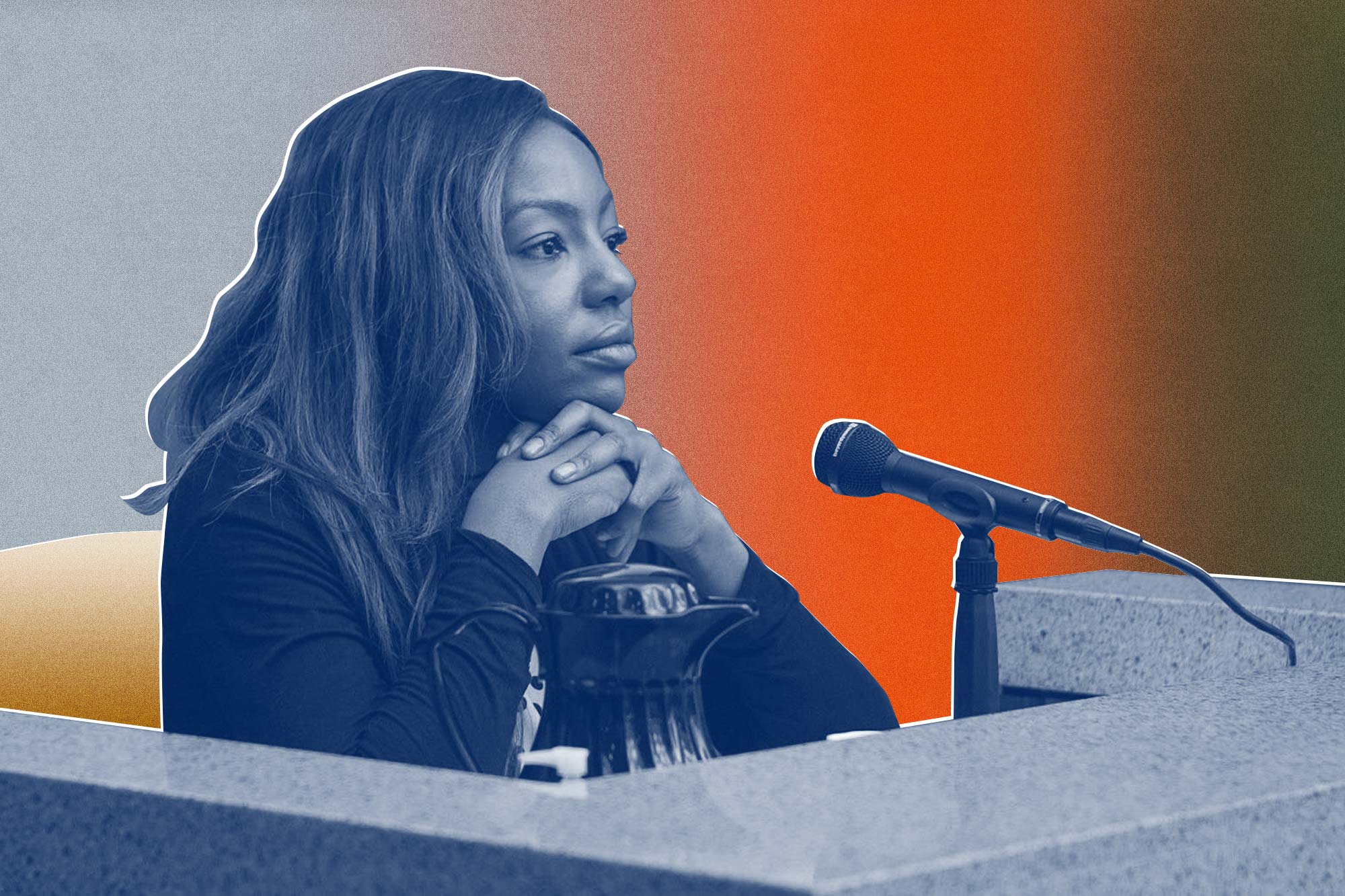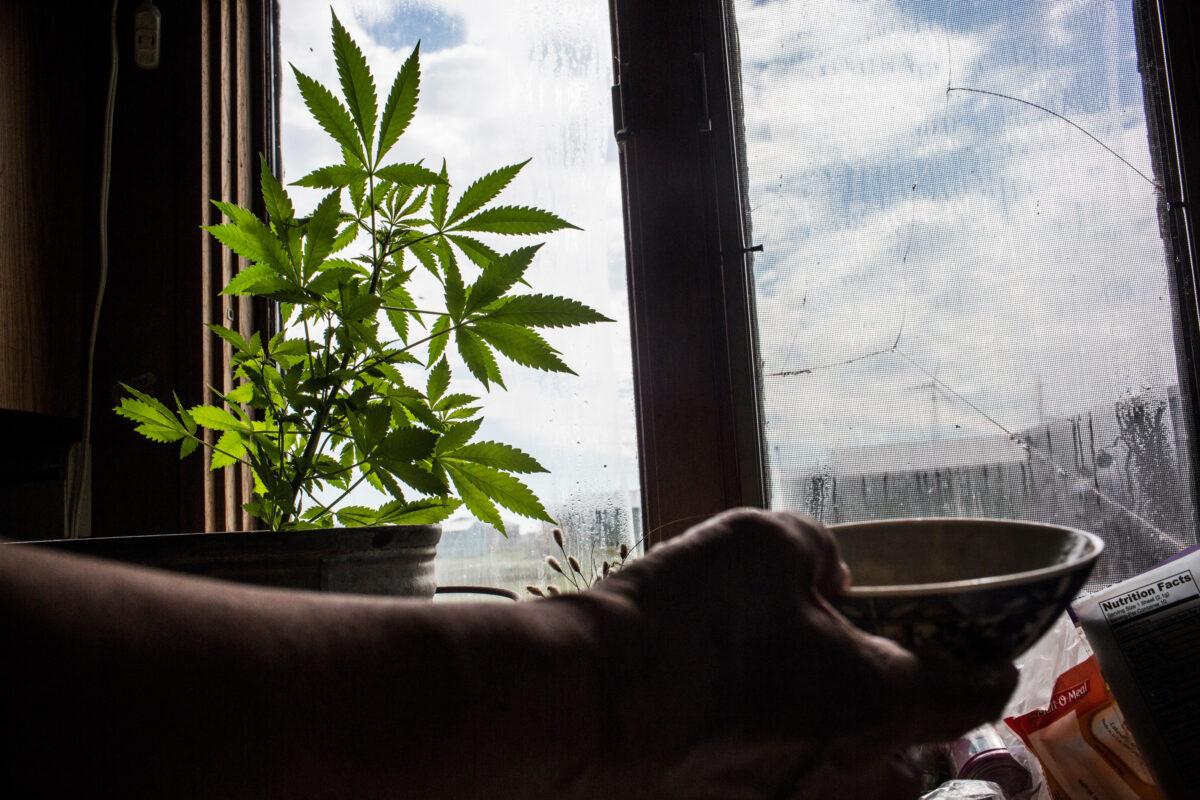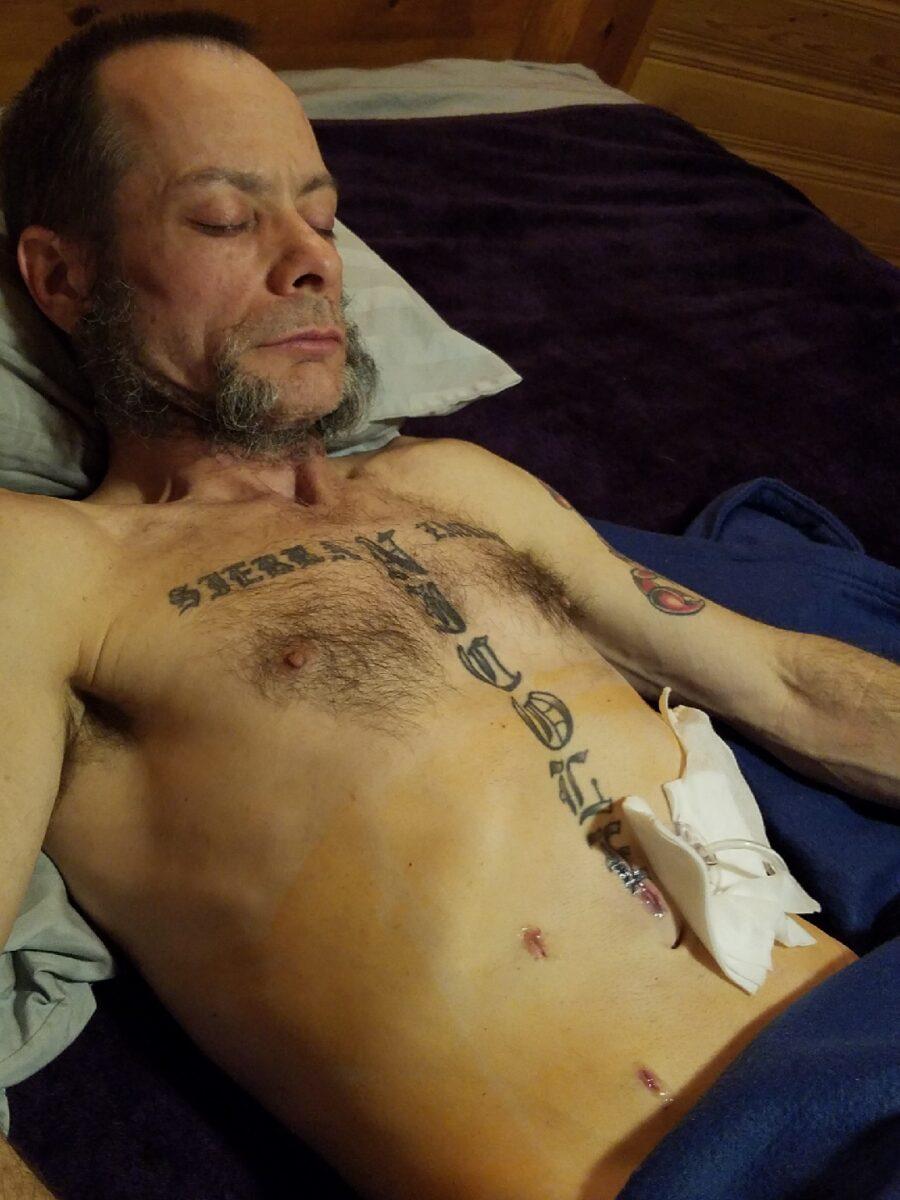Cannabis activists or ‘dangerous criminals’? Upcoming trials test limits of legalization in Alaska
In these cases, the state is moving to punish people who say they were charged before regulations were clear.

In September 2014, reporter Charlo Greene quit a local Alaska news station on air during a report on marijuana and revealed she was the owner of Alaska Cannabis Club and planned to devote her time to the fight to legalize recreational marijuana.
She and her fellow activists succeeded two months later when voters approved a ballot measure doing just that. But that didn’t stop police from pursuing her. In October 2015, she was charged (under her legal name, Charlene Egbe) with 14 marijuana-related offenses, carrying up to 54 years in prison, though Alaska’s sentencing guidelines recommend a maximum of 25 years for first-time offenders like Greene. Her trial is set to begin on Oct. 15.
Regulations governing marijuana sales were not yet put into place when Greene was charged. It wasn’t until May 2015, months after legalization, that a Marijuana Control Board was created to preside over development and enforcement of marijuana laws. But advocates say prosecutors violated the spirit of the law by going after Greene and other cannabis entrepreneurs in the early months of legalization.
Rocky Burns and Larry Stamper, owners of Discreet Deliveries, were charged with 10 felonies in 2015 after law enforcement officials made seven undercover purchases of marijuana through the service from January to August. That same year, Michael Crites, owner of Absolute Chronic Delivery Company, was charged with six felonies after law enforcement made five undercover purchases between May and August.
“While these defendants did apparently move to implement a regulated marijuana system in Alaska a few months prior to the official system becoming active, it seems needlessly harsh to ignore recent changes … and to treat these offenders like dangerous criminals with the threat of a serious jail term,” Keith Stroup, an attorney who founded NORML (National Organization for the Reform of Marijuana Laws) in 1970 and currently serves as legal counsel to the organization, told The Appeal in an email. “If marijuana is safe enough to be legalized in Alaska and eight other states (and it certainly is), then there is no justification for continuing to treat those who got a little ahead of the official system as if they are dangerous criminals.”
Greene’s bust
On April 20, 2014, Greene founded the Alaska Cannabis Club, which advocated marijuana legalization and eventually allowed individuals to purchase memberships to join a private community where they could connect and share cannabis as the state of Alaska developed regulations for retail marijuana operations.
From March to August 2015, according to court records, Alaskan law enforcement targeted the club with six undercover purchases and two raids. Despite not being involved in any of the alleged purchases, Greene was solely charged because the club was registered under her name. Erika McConnell, director of Alaska’s Alcohol & Marijuana Control Office, declined to discuss the case. “AMCO does not comment on pending litigation,” she wrote in an email.
The charges against Greene include 10 counts of fourth-degree misconduct involving a controlled substance and four counts of misconduct involving a controlled substance in the fifth degree, according to the indictment. Greene explained that plea negotiations fell through with the Alaska attorney general’s office, because she now lives in California and did not want to move back to Alaska to serve probation and risk five years in prison for any violations.

Greene thinks she has been unfairly targeted. “A lot of people believe my prosecution is political in nature and I think the same,” she told The Appeal. “I also think it’s driven by everything marijuana prohibition was built upon in the first place, which is racism.”
According to a 2018 report by the Drug Policy Alliance, marijuana arrest rates in Alaska dropped significantly after sales were legalized in 2016, two years after the ballot measure passed, but racial disparities have persisted.
According to the Alaska Department of Public Safety’s 2017 Uniform Crime Report, the marijuana arrest rate of Black people was roughly double that of white people in 2017, and the arrest rate among American Indian/Alaskan Native people was even higher.
The report points out that these racial disparities are common in states where marijuana is now legal. “The communities most harmed by marijuana criminalization have struggled to overcome the many barriers to participation in the legal industry,” the report states, an industry projected to reach $50 billion in annual revenue by 2026. Though marijuana usage is proportionate among Blacks and white people, Black people are about four more times likely to be arrested for a marijuana-related offense than white people in America.
Evolving rules
Despite the racial disparities in arrests, white cannabis entrepreneurs are not immune from prosecution. Larry Stamper and Rocky Burns are also facing prison time, despite being open about their plans, explains Stamper’s lawyer, Jana Weltzin. “When Stamper and his alleged partner Rocky Burns allegedly started this business venture delivering marijuana, Burns articulated this business model to various government and police entities,” Weltzin said. “Nobody responded to them until the search warrants and wiretaps started.” The Anchorage Police Department and Alaska’s Alcohol & Marijuana Control Office declined to comment on whether Burns contacted them.
Michael Crites of Absolute Chronic Delivery Company also tried to follow the rules. “We waited until February 24, 2015, a 90-day marker after the amendment was passed, to open our doors,” Crites told The Appeal. The company provides free marijuana to individuals who need it for medical purposes. “The people who can afford marijuana pay for people who are critically ill to get it for free,” he explained. He estimated that roughly 80 percent of the deliveries his company makes are to people who are physically unable to leave their homes.
Crites has continued to run the marijuana company and make deliveries despite the litigation and his own failing health. “My health is really diminishing,” he said. “I have a stomach tube sticking out of me right now. My stomach doesn’t digest or absorb food properly.” He noted the stress from his court battles has contributed to his illness.

Crites, Burns, and Stamper were also each charged with an unclassified felony for allegedly running a criminal enterprise. That charge carries a minimum sentence of five years and a maximum of 99 years in prison. Crites’s trial is scheduled to begin on Sept. 10, and Stamper and Burns’s trials start on Sept. 17, according to the Alaska attorney general’s office.
“As the cases are still pending before the courts, we do not discuss the cases outside of the court filings,” Cori Mills, assistant attorney general of Alaska, said in an email. “As a general matter, the State of Alaska pursues these cases to halt and deter criminal activity. In the area of unlawful business activities, curbing criminal activity recognizes and benefits the legitimate taxpaying businesses who are following the law.”
Greene doesn’t see it that way. “I created a private organization for patients, put in the work to legalize and then created a safe space for our private members to connect with each other after legalization—that’s what I’m being charged with,” said Greene. “I keep on fighting because I want to show people how important it is that they do the same, regardless of what they are up against.”
